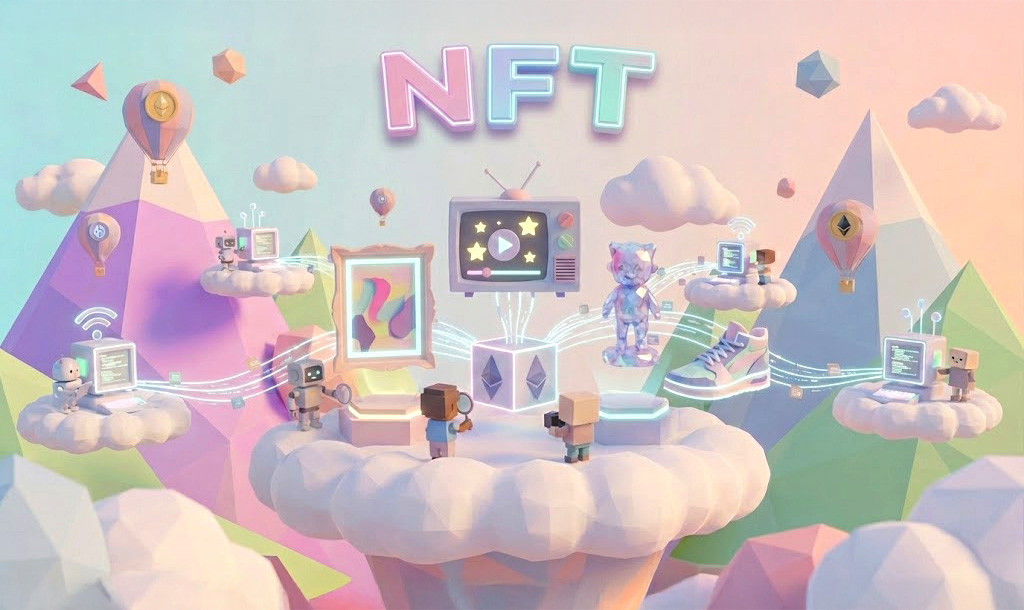
指「非同質化代幣」。它是一種無法被取代的獨特數位物品,例如數位畫作或一段特殊的影片。
NFT (非同質化代幣) 是一種獨特的、不可分割的數位資產,代表著對現實世界或數位物品的所有權。
要理解 NFT,首先要理解「同質化」的概念。同質化資產是可以與同類型的其他資產互換的。例如,一塊錢可以與任何其他一塊錢互換,它們的價值和屬性完全相同。同樣地,一枚 比特幣 可以與另一枚 比特幣 互換。
非同質化資產則是獨特的、不可互換的。例如,一幅名畫不能用另一幅畫來替換,因為每一幅畫都有其獨特的價值和歷史。NFT 就是這類獨特畫作的數位版本。它是一種獨一無二的數位憑證,證明對某項資產的所有權和真實性。它可以代表一件數位藝術品、一段影片、一首歌,甚至是一塊虛擬土地。
NFT 是在 區塊鏈 上創建或「鑄造」的。這個過程將資產的所有權、獨特元數據和真實性記錄在區塊鏈的透明帳本上。最常見的 NFT 區塊鏈 是 以太坊,但 Solana 等其他鏈也越來越受歡迎。NFT 的所有權受 智能合約 保護,其真實性可由任何人驗證。這確保了即使一張數位圖片被複製了數百萬次,也只有擁有該 NFT 的人才能擁有其獨特的、可驗證的原作。
NFT 徹底改變了數位所有權的概念。它們讓創作者能直接將其數位作品變現,而無需依賴中心化公司。它們還催生了一個圍繞藝術、遊戲和收藏品的新數位經濟,這些現在都被視為稀有且有價值的資產。對於藝術家來說,NFT 創造了一種新的方式,讓他們能從作品的二次銷售中賺取版稅。